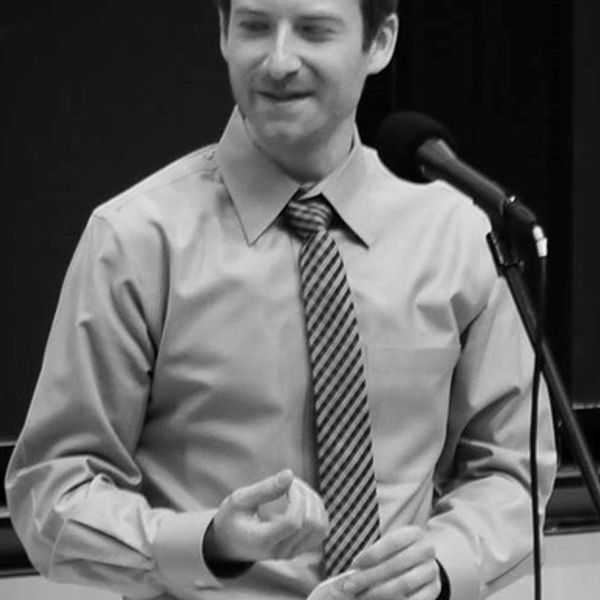Lia Purpura, Parasol Mushroom (detail), featured in AGNI 102
“In the yard at night . . .”
In the yard at night I wash my face.
Rough-hewn stars in the heavens shimmer.
Starlight glints like salt on the axe-blade.
The barrel is cold and brimming.
The gate is locked with a padlock.
The earth is honest and harsh.
Save for the truth of a sheet of canvas,
What will suffice to build on?
Starlight melts in the barrel of water
Like salt, and the cold water blackens.
Death becomes purer, grief becomes bitter,
And the earth—full of truth, and of terror.

Osip Mandelstam
Osip Mandelstam (1891–1938) was born into a Polish-Jewish family in what was then the Russian Empire. He became one of the great poets of Russia’s Silver Age, with a keen sense of the melodies of spoken language. He published his first book, Stone, before the Russian Revolution of 1917. His poetry was celebrated from early on, even in an era rich with great poets. However, as the aims of socialism crystallized in tyranny, Russia, and Russian writers in particular, came to live under relentless terror. By the 1920s, he was shunned by the Soviet establishment for refusing to write in praise of the state. Few poets escaped premature death, whether by privation, suicide, or judicial murder. He died in a prison camp in Siberia in 1938; his poetry and prose was preserved by his wife and friends and published in New York in a collected edition in 1955. Mandelstam dove deep beneath the bleak surface of his era to reveal both the luminosity of the living past and the all-consuming brutality yet to come.

Eugene Serebryany
Eugene Serebryany is a postdoctoral fellow in chemistry at Harvard University. His work as a translator has appeared in Inventory (Princeton), AGNI, and Modern Poetry in Translation. (updated 4/2018)
Serebryany’s first published translations appeared in AGNI 75.
Read the blog post “Radical Sacrifices: Three Questions on Translation with Eugene Serebryany.”
